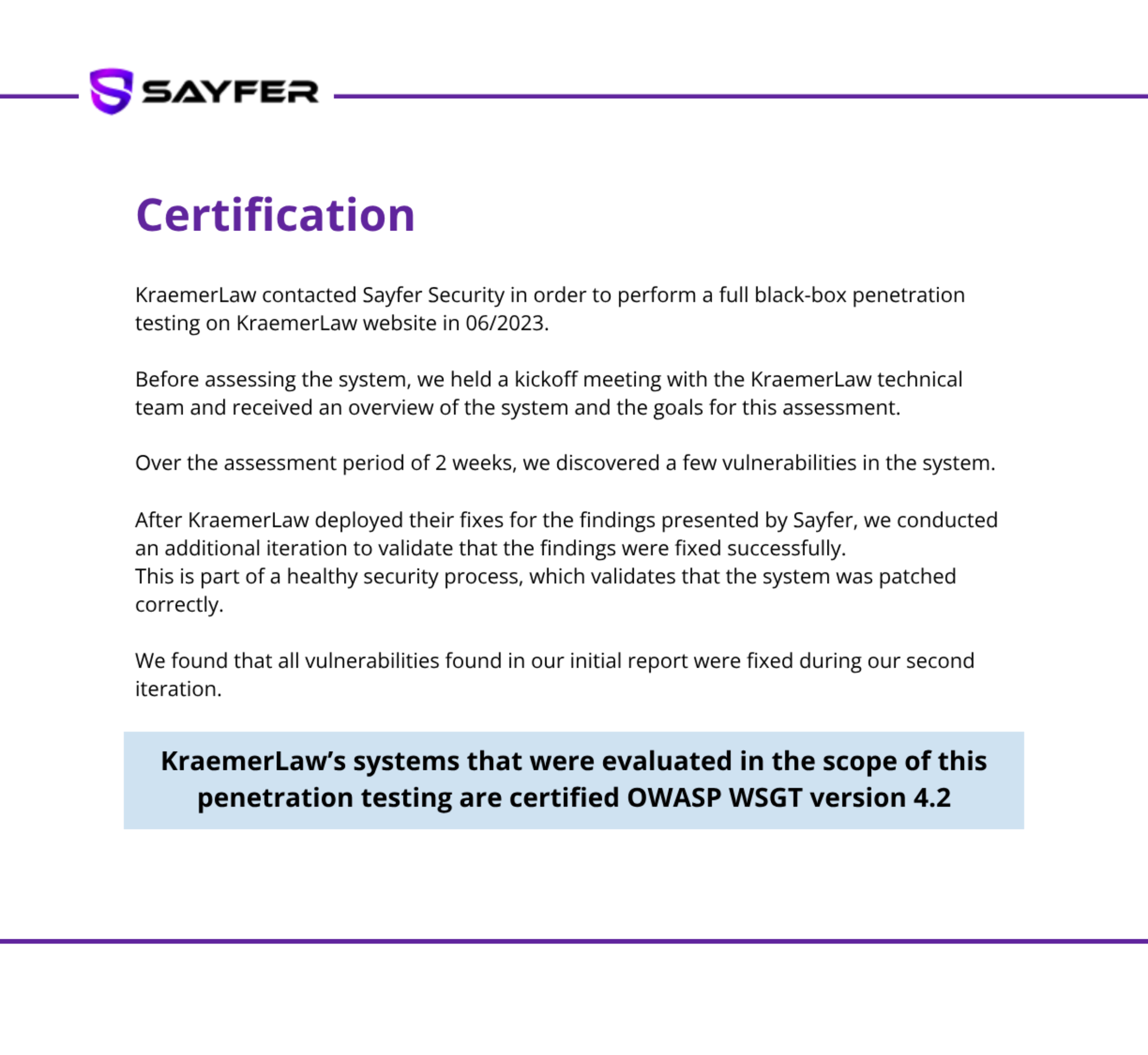Expats moving to Panama frequently ask this question, and the answer requires considering many aspects. The fast-growing investment environment in Panama allows foreigners and nationals to grow their wealth. However, they must comply with the local laws and regulations, including estate planning and wills.
A will serves as a legal tool to carry out someone’s last wishes. To have a testament recorded in Panama, it must comply with Law 2 of August 22 of 1916 of the National Civil Code.
Types of wills and the probate process in Panama
There are 3 options in Panama to draft a will:
- Holograph: when the deceased wrote his will entirely by hand, usually with witnesses
- Closed: when the deceased drafts his will, and then delivers it to a notary who seals it.
- Open: most common, when the deceased presented his will before a notary, who at the same time becomes a witness.
The client is free to declare and establish the terms and conditions of the testament and how assets, accounts, properties, among others, will be distributed in the event of death.
When it comes to the distribution of assets, the testament could be set up as singular – meaning it donates specific assets to a person, or it could be setup as universal – where all assets are distributed in percentages of the total value.
What happens if I don’t have a will?
When a deceased person does not have a will, Panamanian law will favour the deceased’s immediate family to distribute his assets and also to appoint accounts payable.
First, a judge will dispose of the deceased’s estate in favor of his or her legally recognized spouse and sons or daughters in equal parts.
If there is no legally recognized spouse, or sons or daughters, assets will go to their closest ascendants – parents or siblings.
If there are no ascendants alive, the estate will go to the closest relative. If there are no relatives, the government will receive the assets.
General requirements and timeframe of the testate process
The basic requirements to begin the testate process are:
- Power of attorney and application
- Original copy of death certificate
- Copy of the will
- The ID of each person mentioned in the will
- List of assets to be distributed
- Assets appraisal
If all the documentation is complete, the process can take four to eight months when all heirs agree.
Once the local court receives the documents, the judge declares as heirs the people specified in the testament during a succession trial. After a national newspaper publishes the heir declaration certificate for three days, the heirs receive their assets.
Do you want to record a will in Panama?
A licensed attorney is responsible for conducting the process of recording a will. If you have questions regarding probate and inheritance, or if you want to draft a will in Panama, Kraemer & Kraemer will be glad to assist you. Contact us today.
